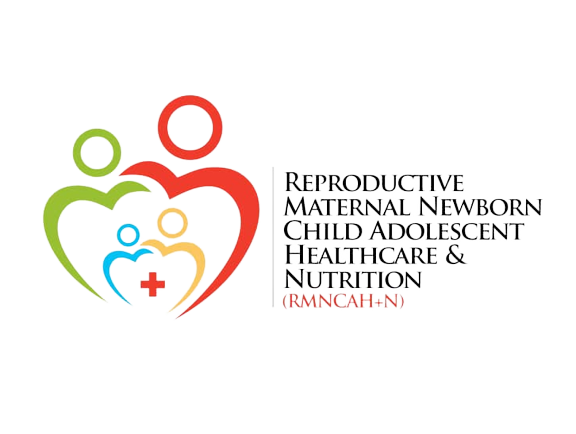By Muhammad Amaan
In a concerted effort to enhance maternal and child health outcomes in Nigeria, stakeholders at a recently concluded two-day workshop have called for increased investment and improved accountability and transparency in the Reproductive, Maternal, Newborn, Child, Adolescent, Elderly Health and Nutrition (RMNCAEH+N) sector.
The workshop, organized by the Africa Health Budget Network (AHBN), took place at the AHBN Building Conference Hall in Abuja.
The event brought together a diverse group of participants, including representatives from civil society organizations (CSOs), media, youth, and government officials.
The primary objectives were to present the draft Nigeria RMNCAEH+N Strategy, review and build consensus on indicators for Nigeria’s RMNCAEH+N Accountability Scorecard, and develop the scoring sheet for the scorecard.
Keynote speakers at the workshop emphasized the critical need for robust investment in RMNCAEH+N services to ensure comprehensive health care for all demographics, including mental health services, sexual and reproductive health services, and nutrition interventions.
Coordinator of AHBN, Dr Aminu Magashi Garba highlighted the urgent need for increased budgetary allocation to the RMNCAEH+N sector.
“Investment in maternal and child health is not just a health issue; it’s an economic and social imperative. Adequate funding will enable us to achieve universal access to vital health services and improve outcomes for women, children, and adolescents across Nigeria,” Garba stated.
Workshop participants also stressed the importance of governance and leadership in driving accountability and transparency in the health sector. During the plenary sessions, stakeholders discussed the development of indicators that would ensure better tracking and reporting of health investments and outcomes. These indicators cover budgetary allocation, governance, leadership, and overall accountability and transparency.
Representatives from the youth and media sectors also voiced their concerns and commitment to advocacy for greater accountability. “We need to hold our leaders accountable for every naira spent on health,” said Olympus Adebanjo, a youth advocate.
“Transparent reporting and effective use of resources are essential to achieving our health goals.”
The workshop concluded with a consensus on the key indicators for the RMNCAEH+N Accountability Scorecard, which will serve as a vital tool for monitoring and evaluating progress in the sector.
A follow-up review and validation workshop to finalize in the indicators will be planned in June.
CSO representative, Mrs Chika Offor, Executive Director of Vaccine Network for Disease Control, called for a unified approach to tackling health challenges.
“Collaboration among all stakeholders, government, CSOs, media, and the youth is crucial. We must work together to ensure that health investments are not only increased but are also efficiently and transparently managed.”
The call to action from this workshop is clear: greater investment in RMNCAEH+N and improved accountability mechanisms are indispensable to advancing Nigeria’s health agenda and achieving sustainable health outcomes for all.

